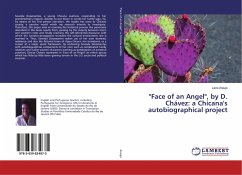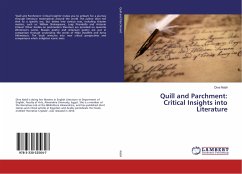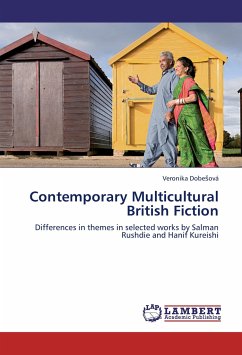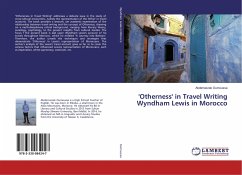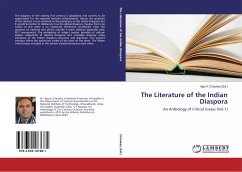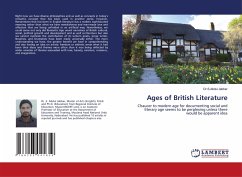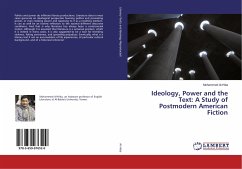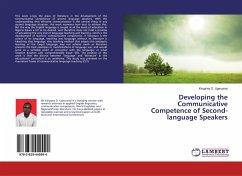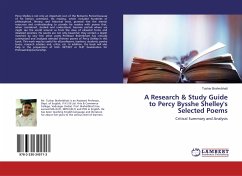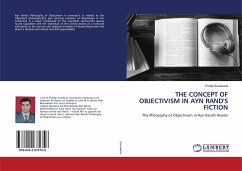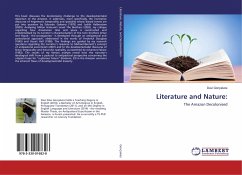
Literature and Nature:
The Amazon Decolonised
Versandkostenfrei!
Versandfertig in 6-10 Tagen
33,99 €
inkl. MwSt.

PAYBACK Punkte
17 °P sammeln!
This book discusses the decolonising challenge to the developmentalist depiction of the Amazon. It addresses, more specifically, the normative discourse of hegemonic temporality and spatiality whose biased tenets are put into question by Eduardo Galeano (1978) and Judith Halberstam (2005). Analysing Milton Hatoum's novel The Brothers (2002), my critique regarding how Amazonian time and space is constructed and problematised by its narrator's characterisation of the twin brothers Omar and Yaqub - the protagonists - is developed through an antipastoral and postcolonial approach, elaborated in th...
This book discusses the decolonising challenge to the developmentalist depiction of the Amazon. It addresses, more specifically, the normative discourse of hegemonic temporality and spatiality whose biased tenets are put into question by Eduardo Galeano (1978) and Judith Halberstam (2005). Analysing Milton Hatoum's novel The Brothers (2002), my critique regarding how Amazonian time and space is constructed and problematised by its narrator's characterisation of the twin brothers Omar and Yaqub - the protagonists - is developed through an antipastoral and postcolonial approach, elaborated in the works of Frederick Douglass (1845) and Stuart Hall (1996). The findings are guided by my research questions regarding the narrator's response to Michael Bennett's concept of antipastoral ecocriticism (2001) and to the developmentalist discourse of linear temporality and hierarchic spatiality, as examined by Johannes Fabian (1983). The results of my literary analysis reveal how the narrator's ideological shift from a pastoral to antipastoral perspective concerning the utopian hope for "a glorious future" (Hatoum, 33) in the Amazon uncovers the inherent flaws of developmentalist linearity.



